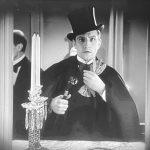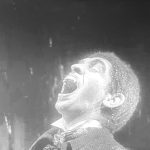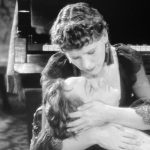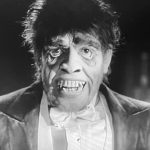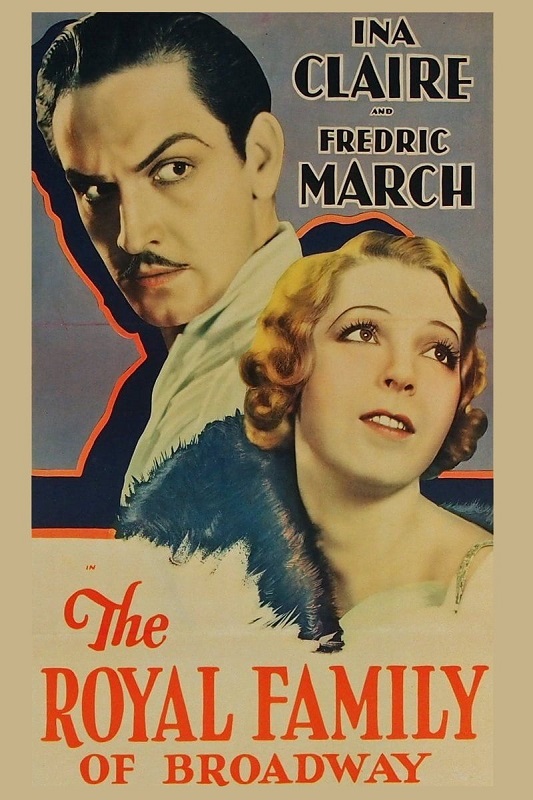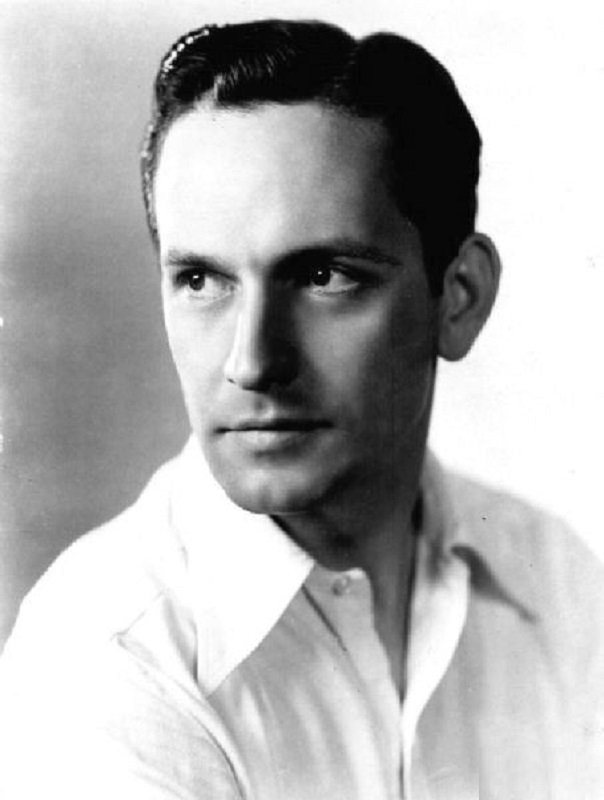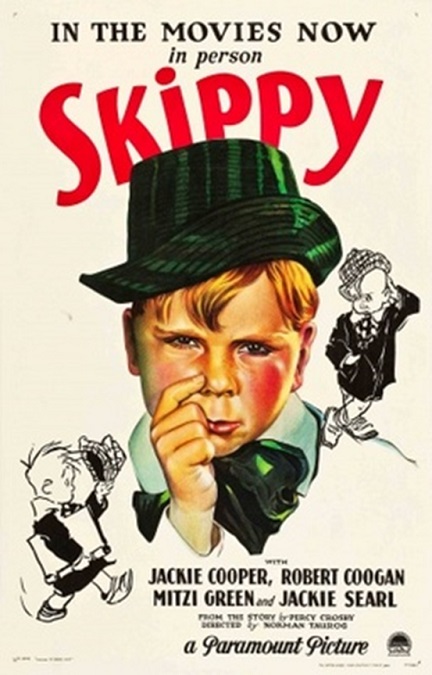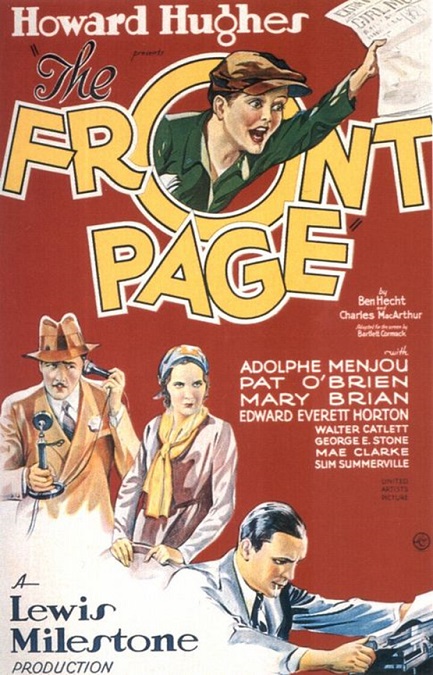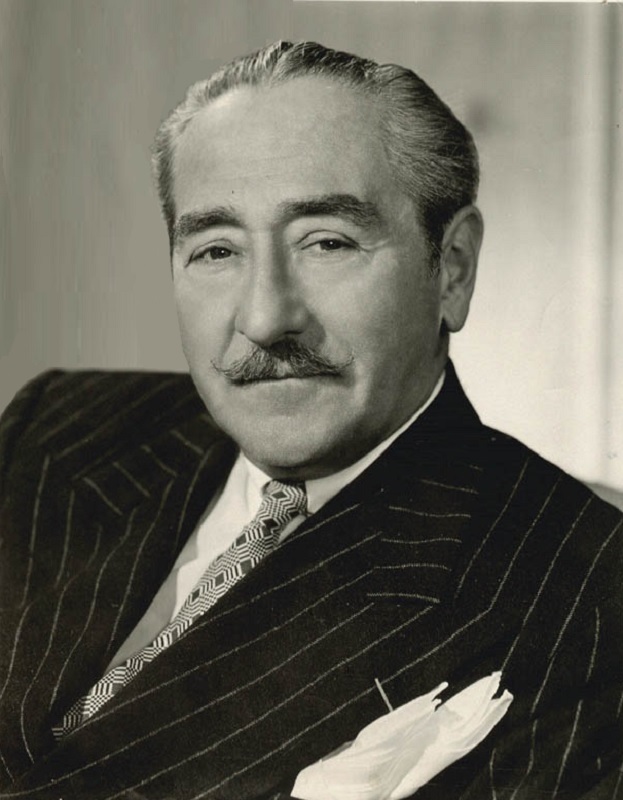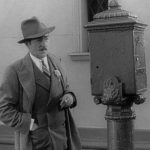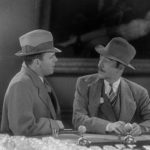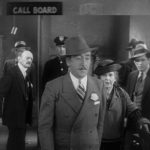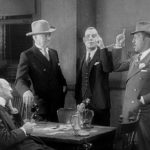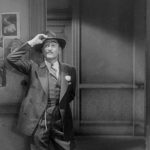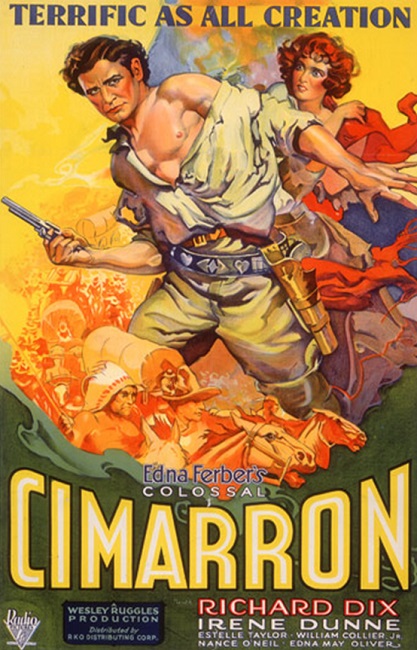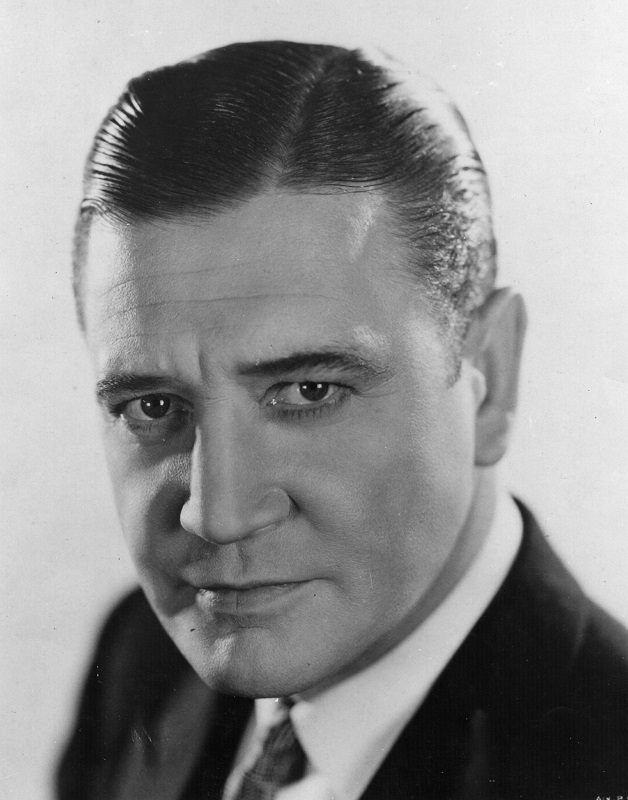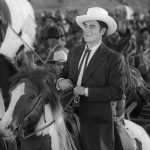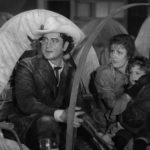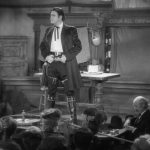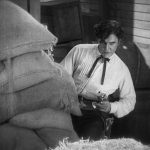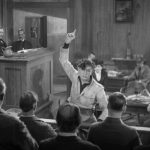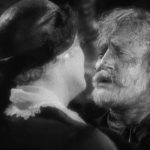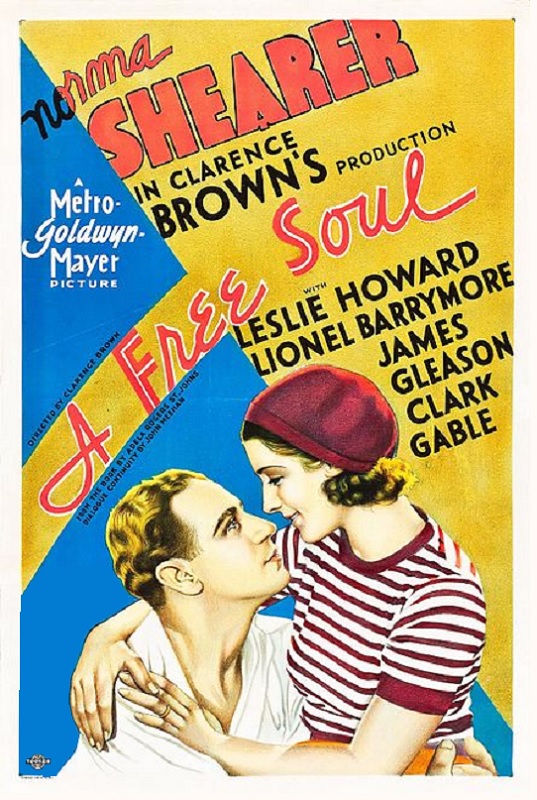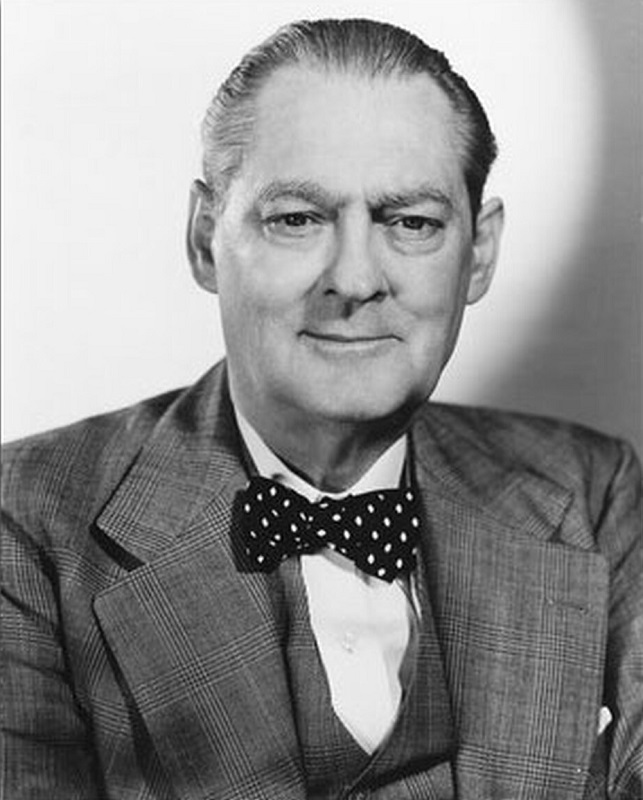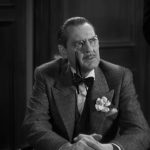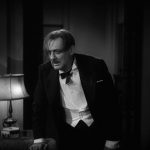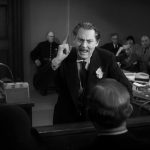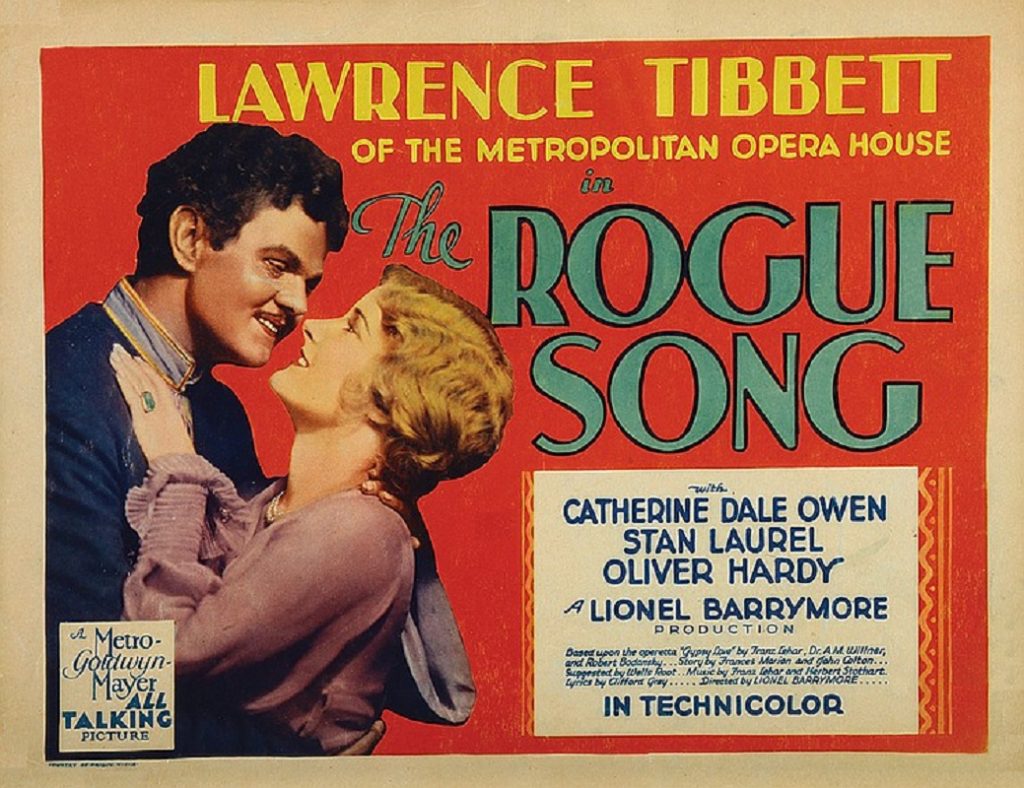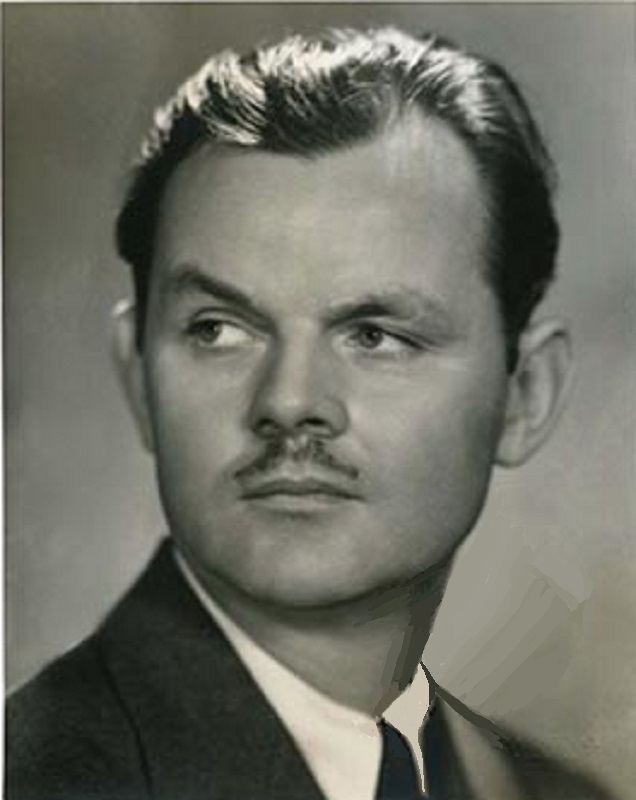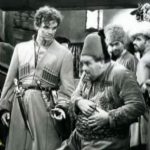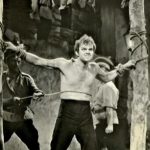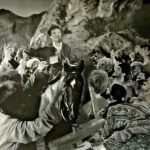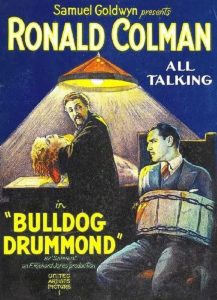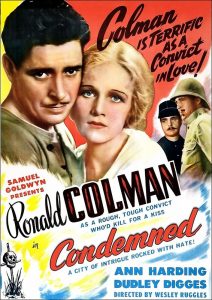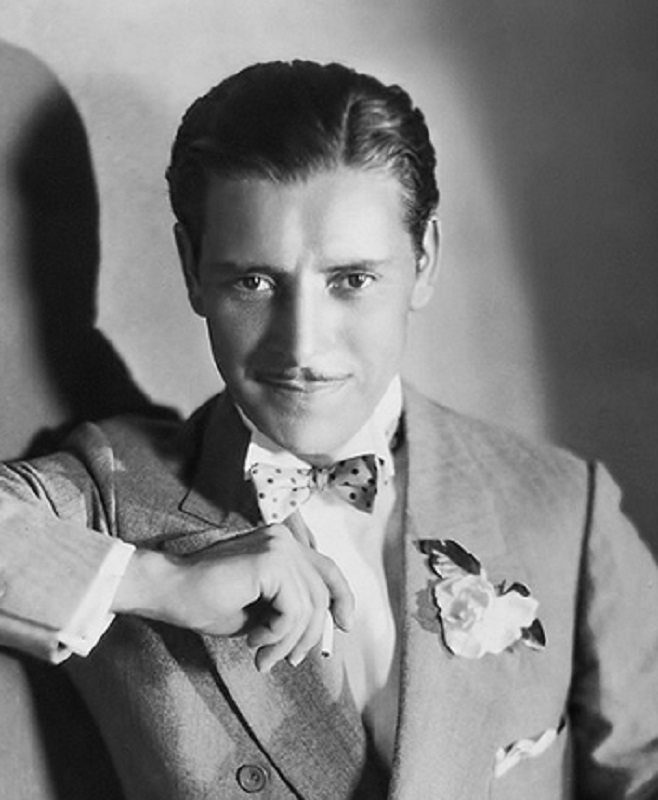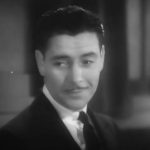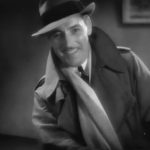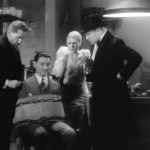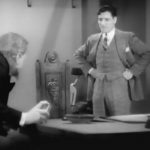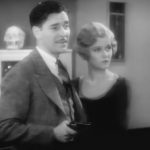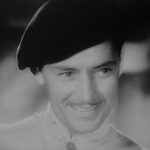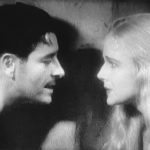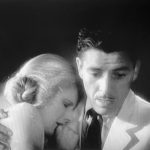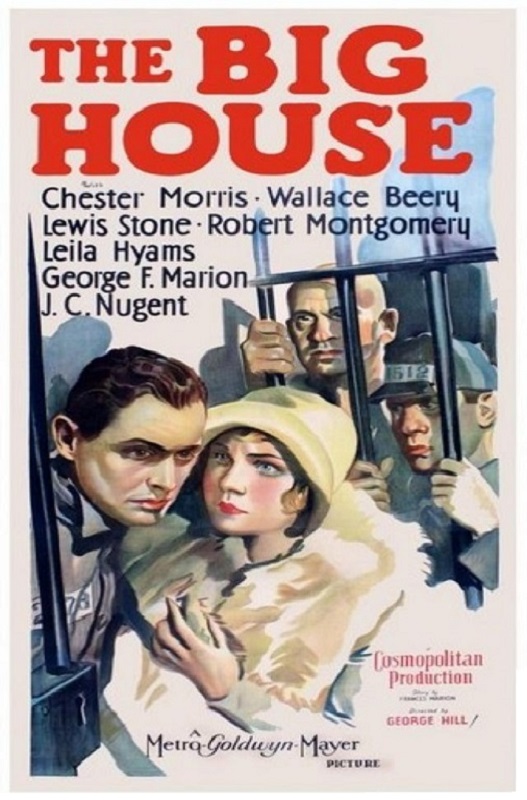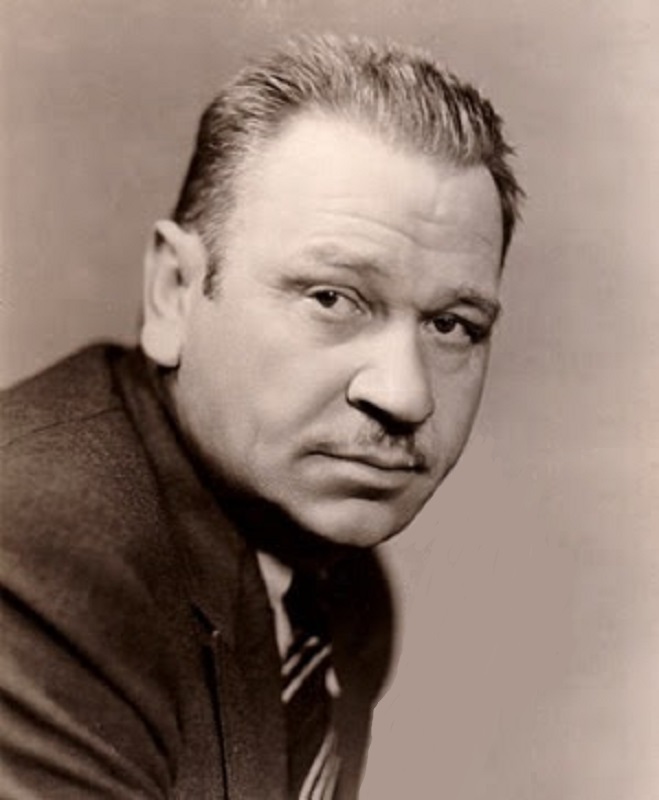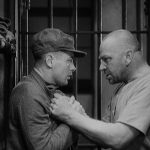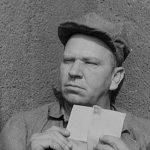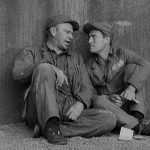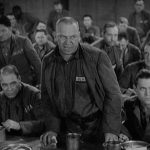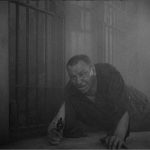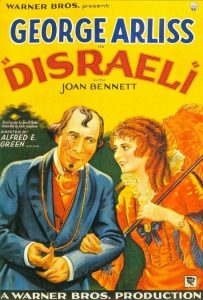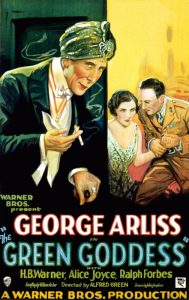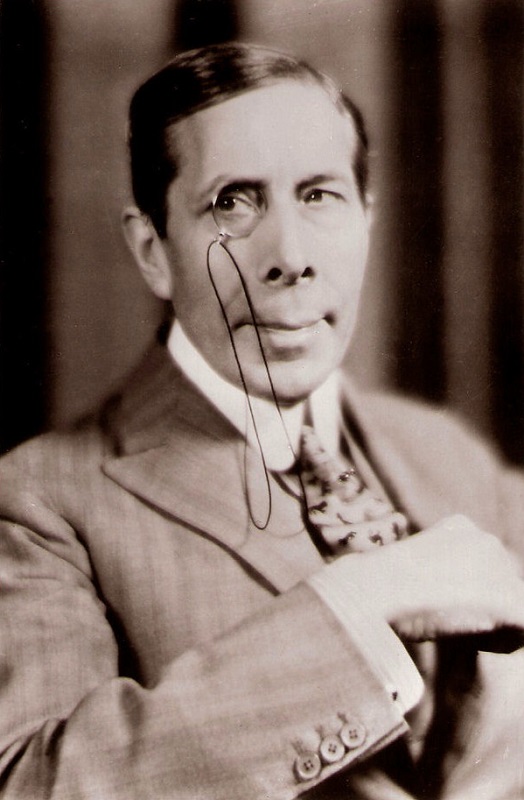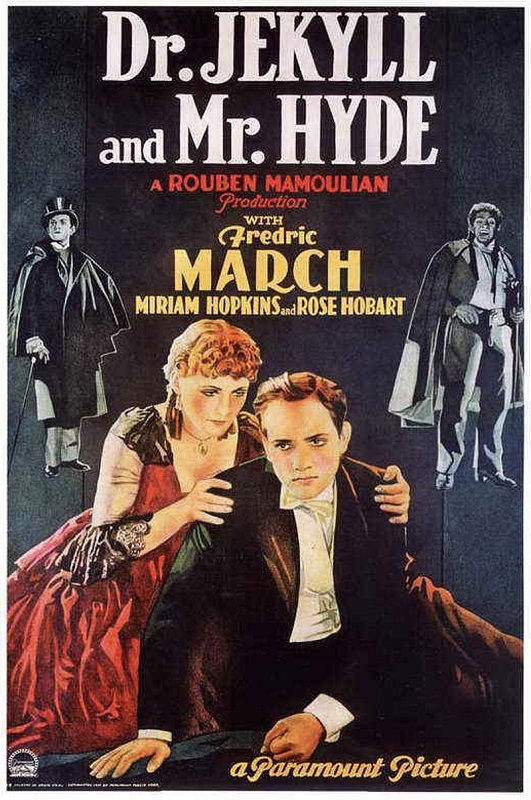
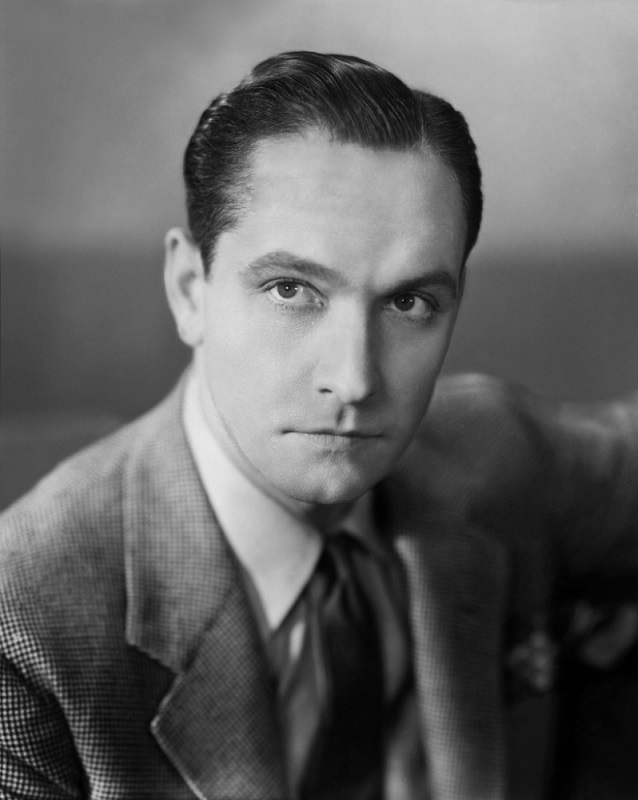

1931-32 – Fredric March
Dr. Jekyll and Mr. Hyde
Without putting too fine a point on it, Fredric March rocked this performance. He was fantastic. You wouldn’t think that such a powerful character could be created in what is essentially a horror film, but it did. But it wasn’t just his portrayal of the evil Mr. Hyde that caught my attention. It was his wonderful performance as the tortured Dr. Jekyll that sold it. March played both parts perfectly.
The effects for this movie must also be mentioned. The transformation scenes were amazing. According to Wikipedia, “The secret of the transformation scenes was not revealed for decades (Mamoulian himself revealed it in a volume of interviews with Hollywood directors published under the title The Celluloid Muse). Make-up was applied in contrasting colors. A series of colored filters that matched the make-up was then used which enabled the make-up to be gradually exposed or made invisible. The change in color was not visible on the black and white film.
When playing Jekyll, March was a good and earnest young man, maybe a little too much of a slave to love, but certainly honest and with good intentions. This is proven in the final act, when he realizes he cannot control his alter ego. His breakdown as he releases his beloved fiancée from her engagement obligations was very well played, honest and fraught with self-pity. You could really feel the emotion of the character.
But when playing Mr. Hyde, March gave us something special. According to the story, his primitive self was released. The makeup of Wally Westmore turned him into a simian horror with canine-like teeth. Even with my modern desensitization to such things, March really gave us a truly terrifying performance. Maybe it was his horrifyingly abusive treatment, both physically and mentally, of the character of Ivy Pierson, that got to me. March was fantastic! Not only that, but in the film’s climax, he had to run and jump around his lab like a monkey on a rampage, climbing up walls and leaping over banisters. Of all the translations of this classic story to film, this one is still considered the benchmark of excellence. I think March really deserved his Oscar, even if he had to share it with Wallace Beery.
